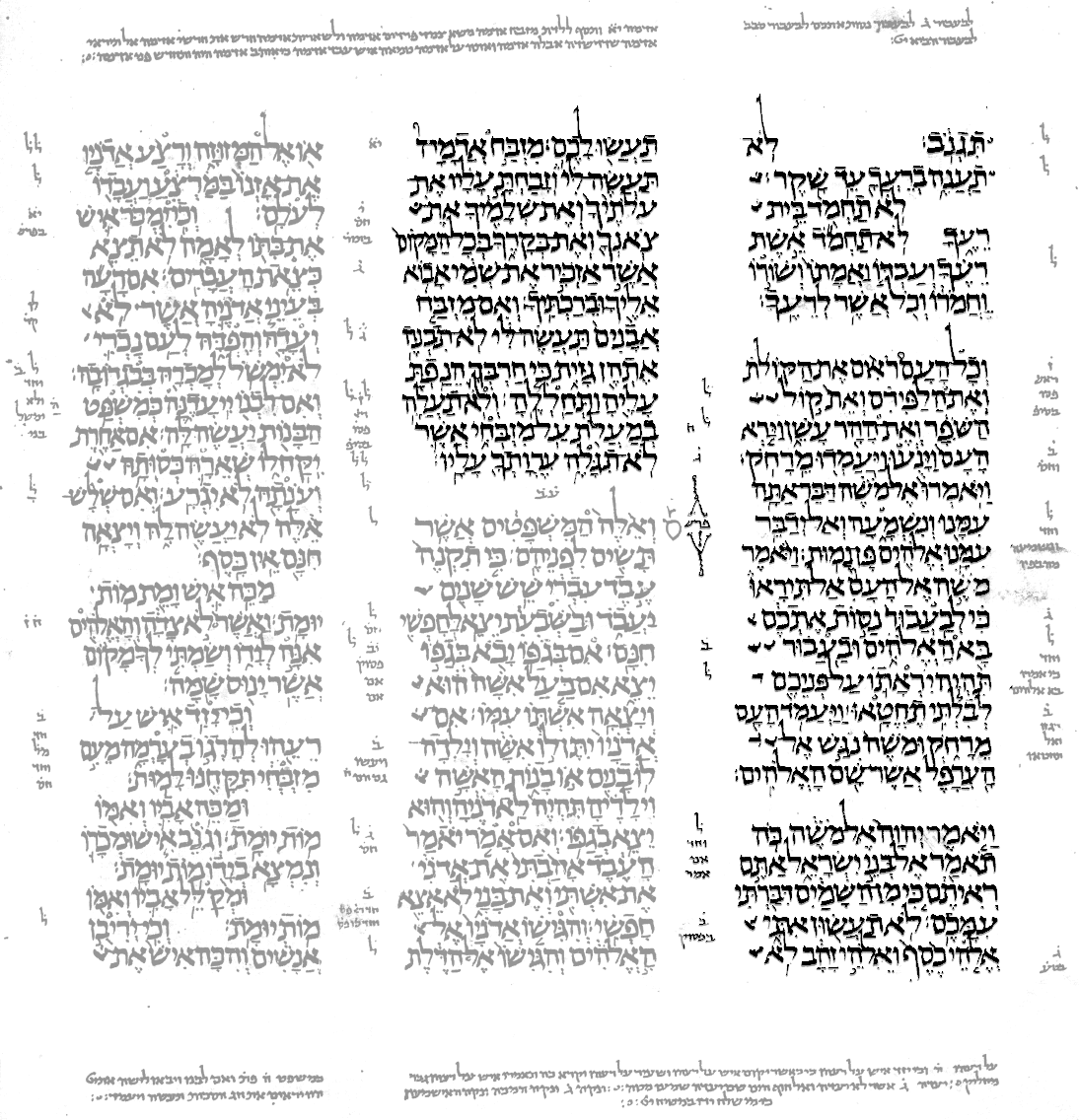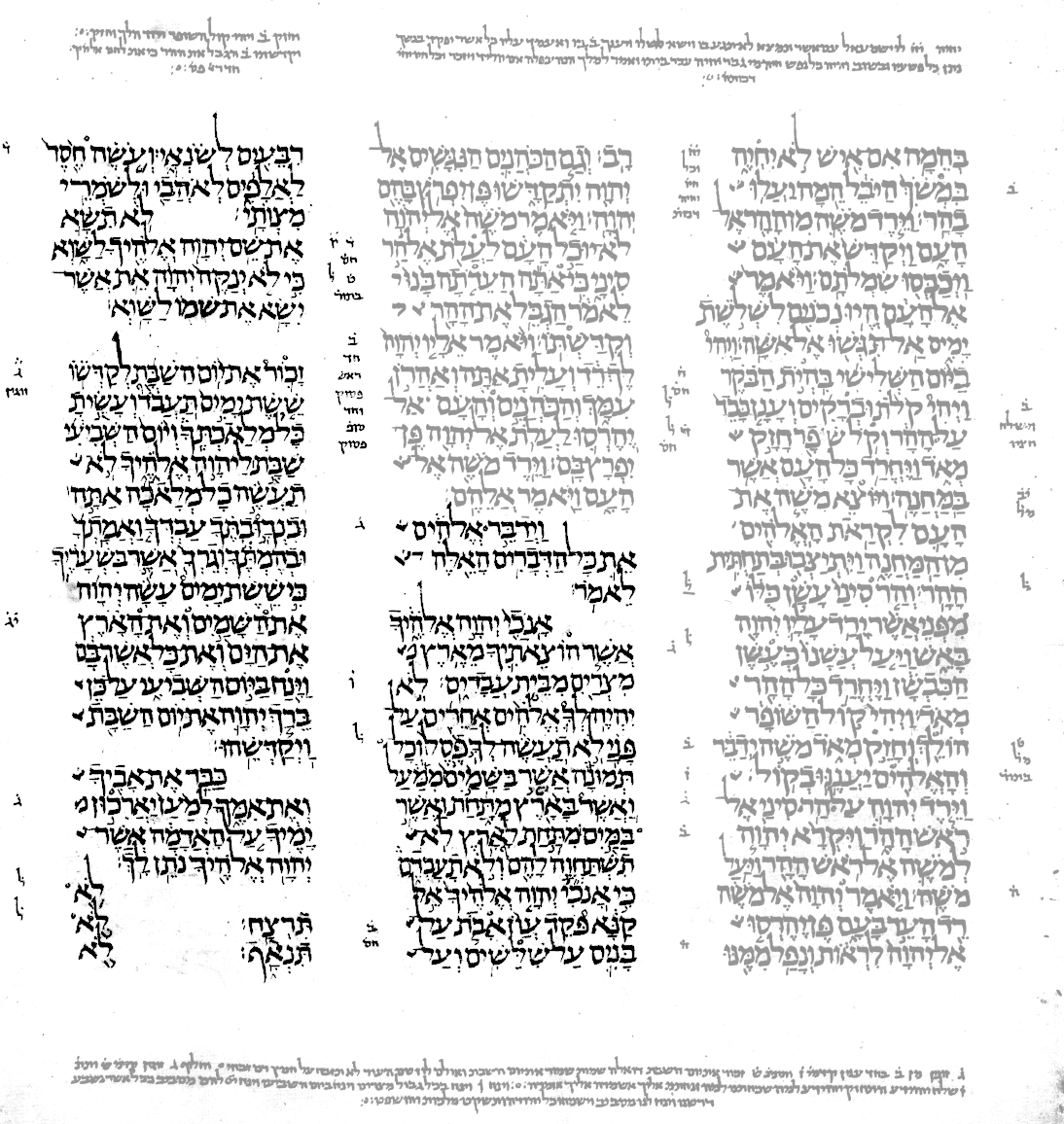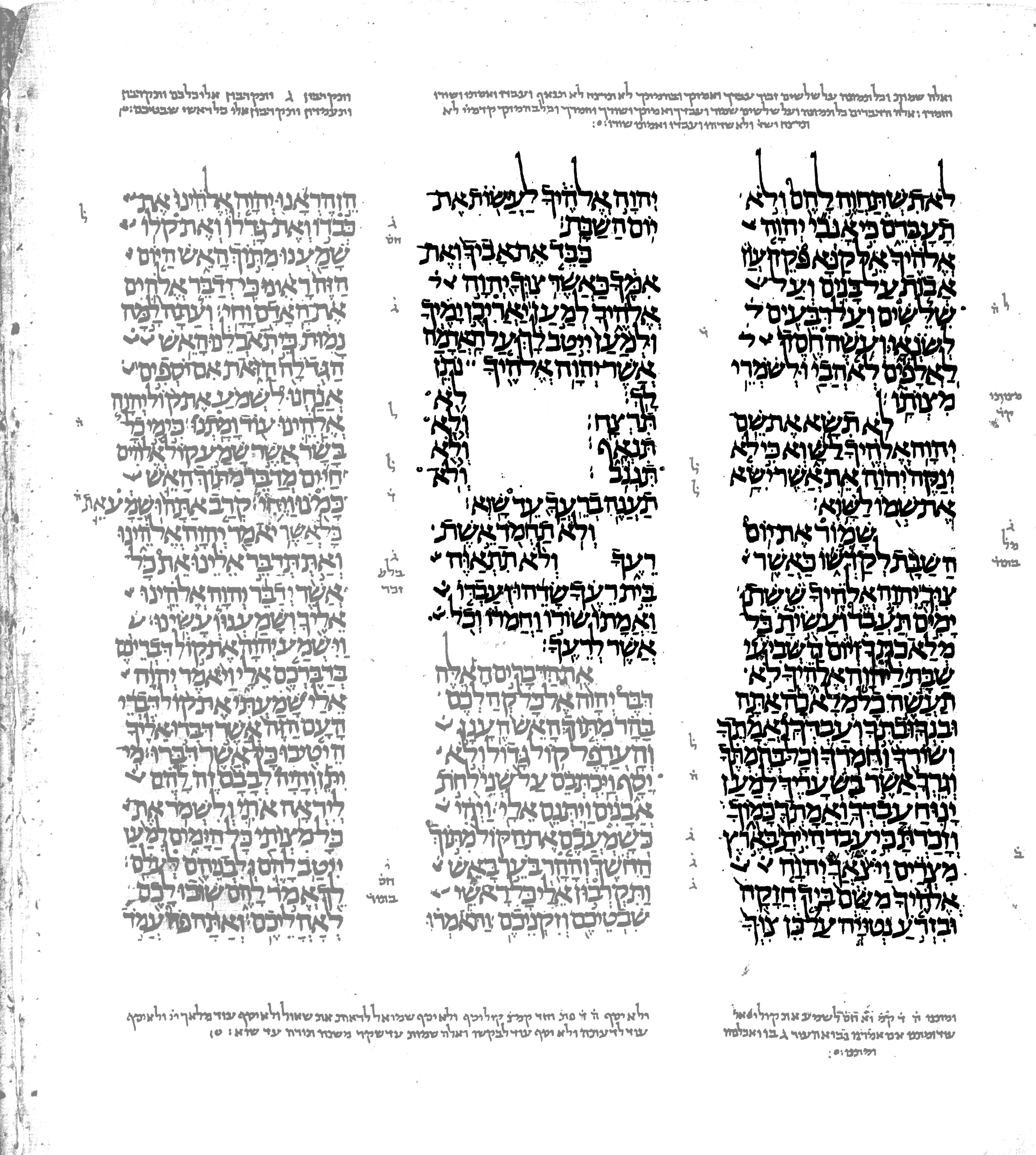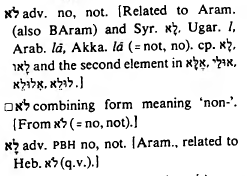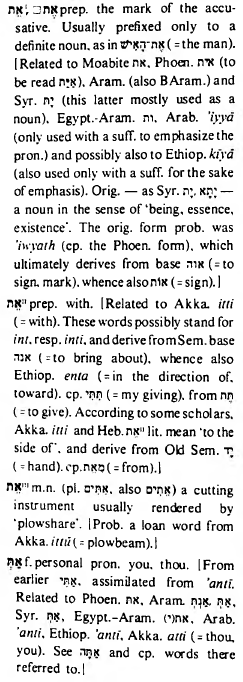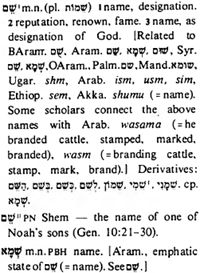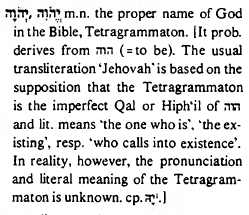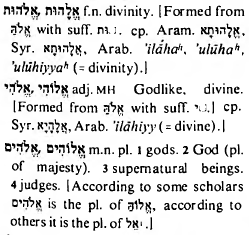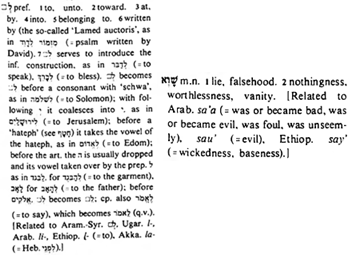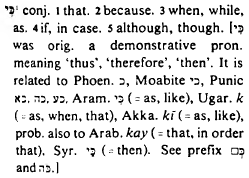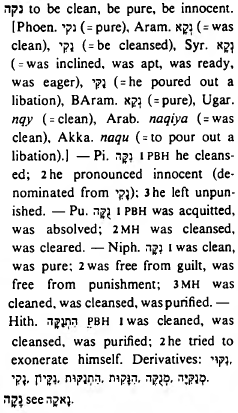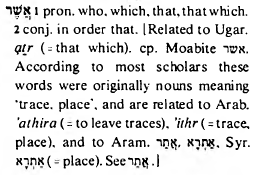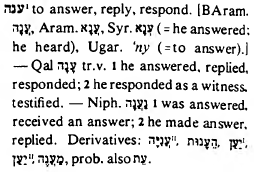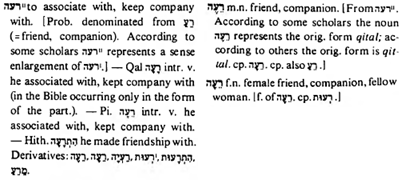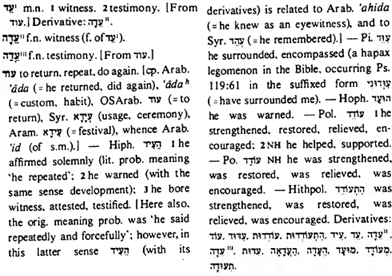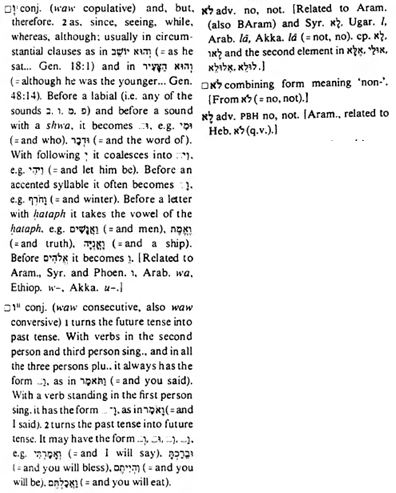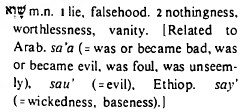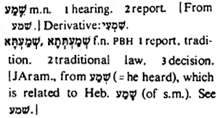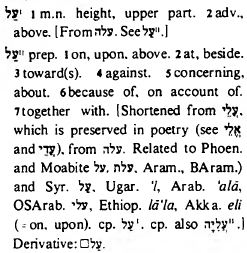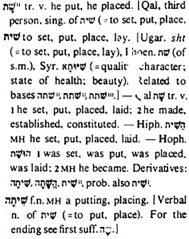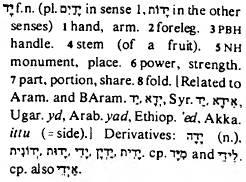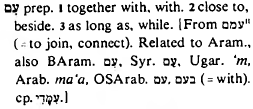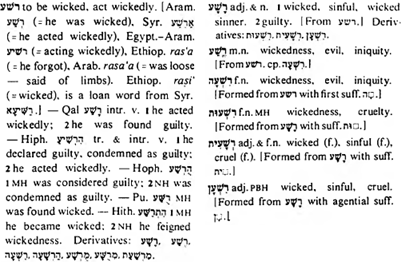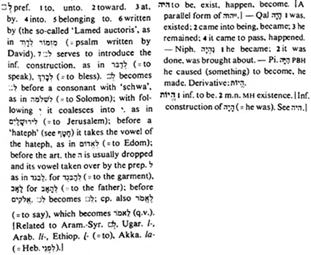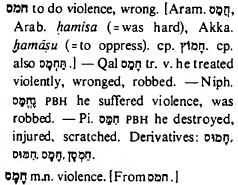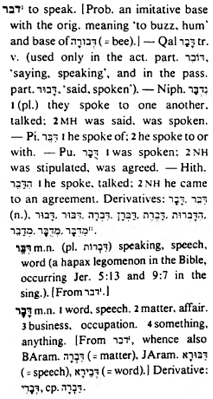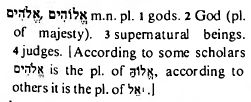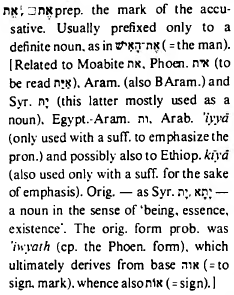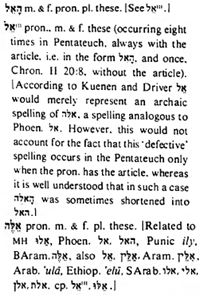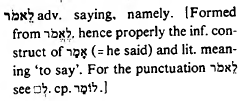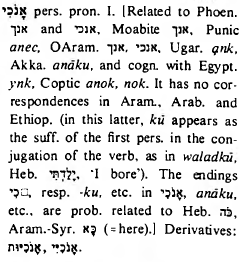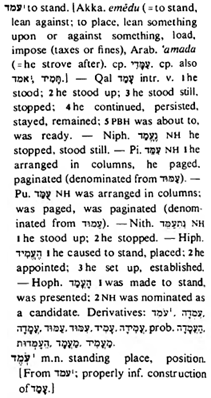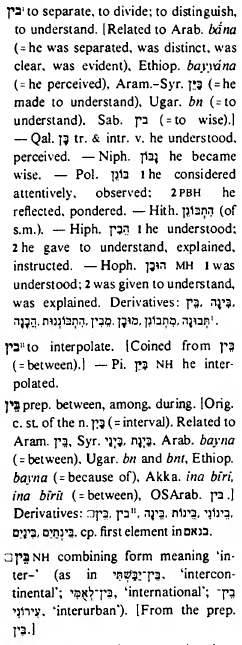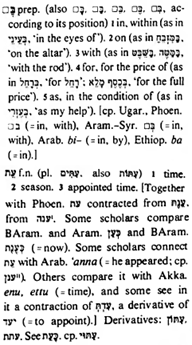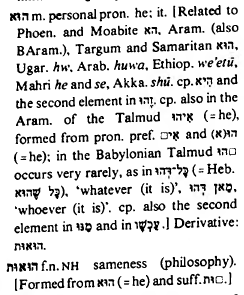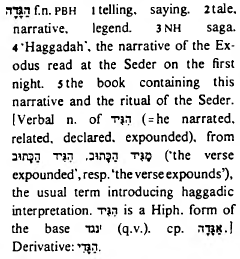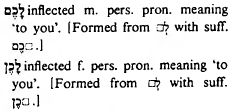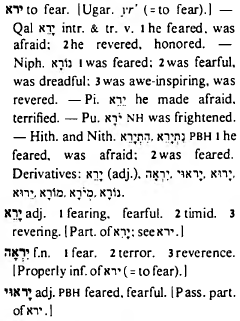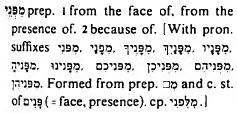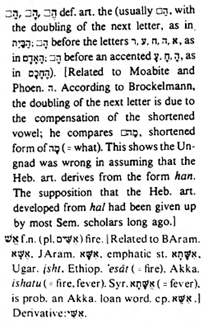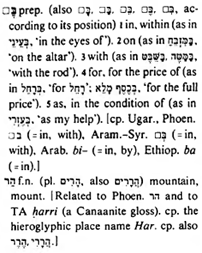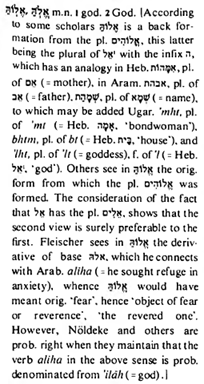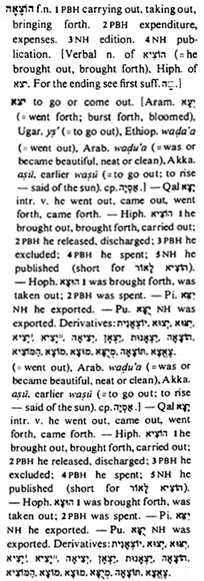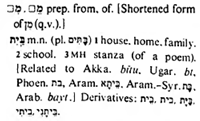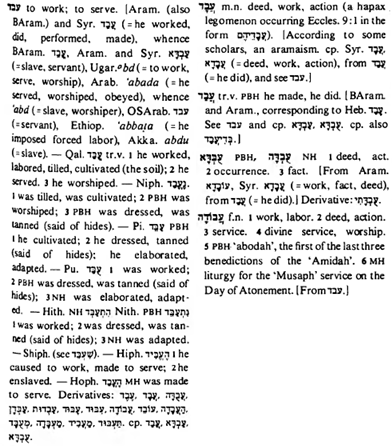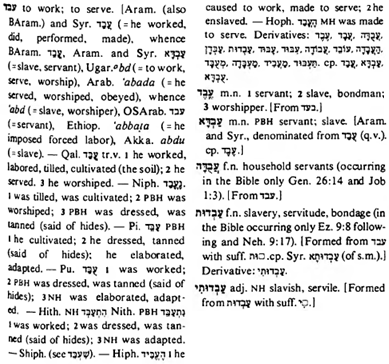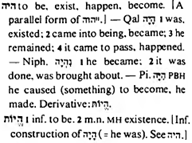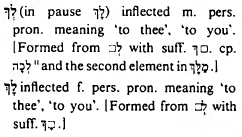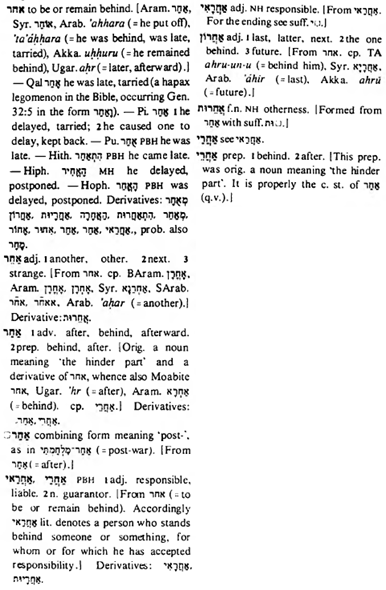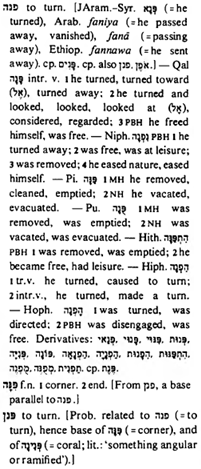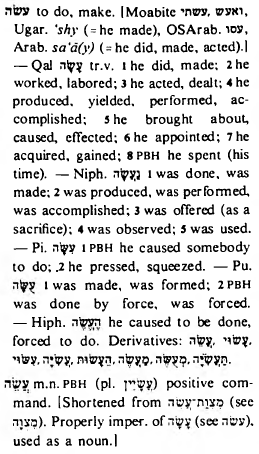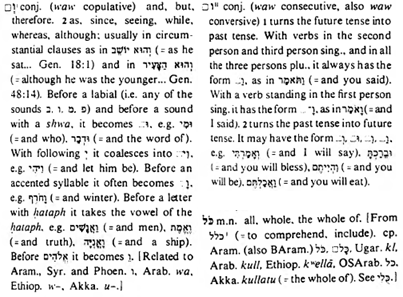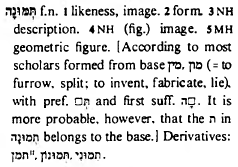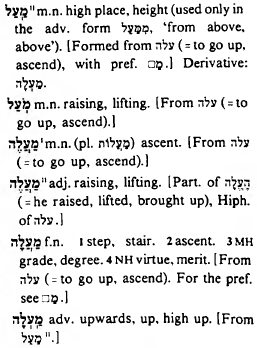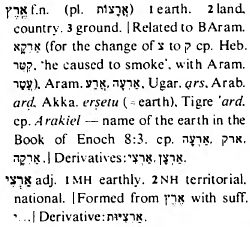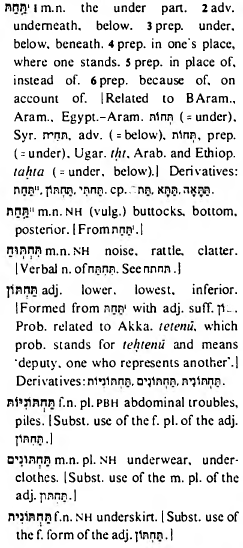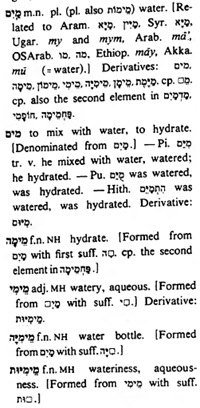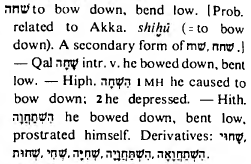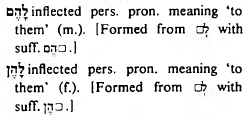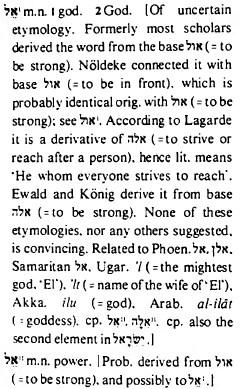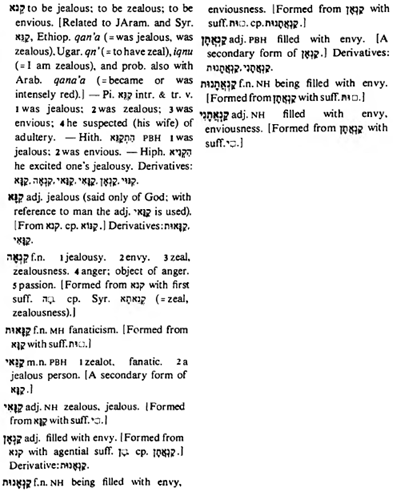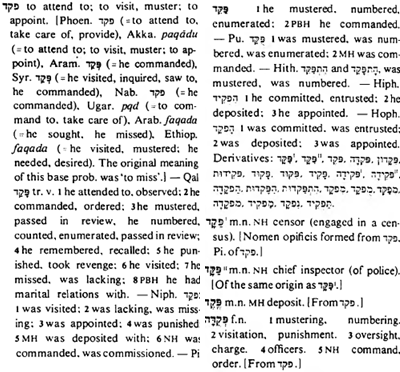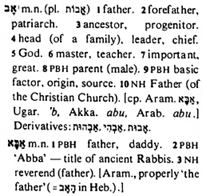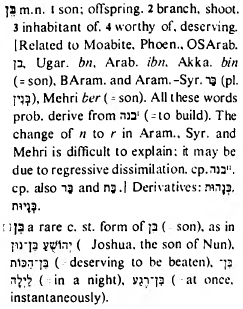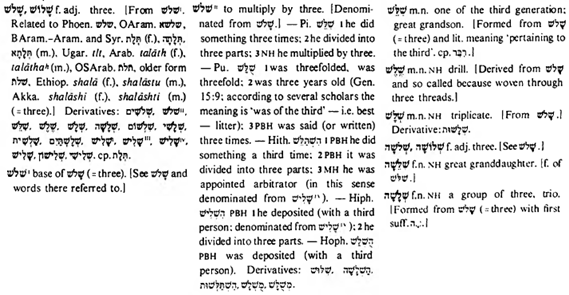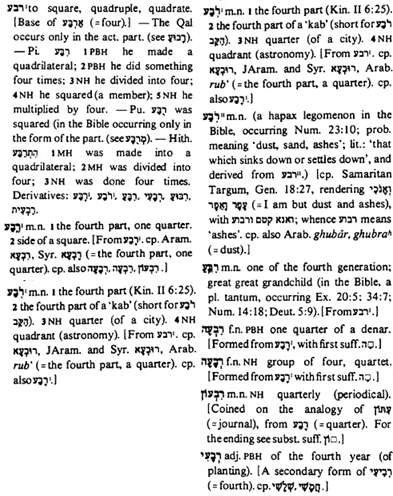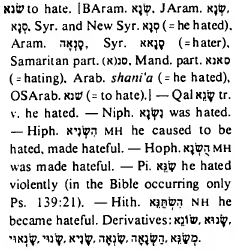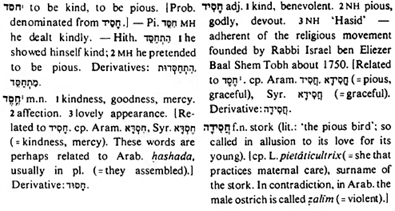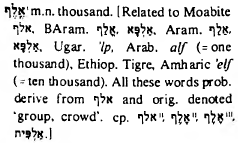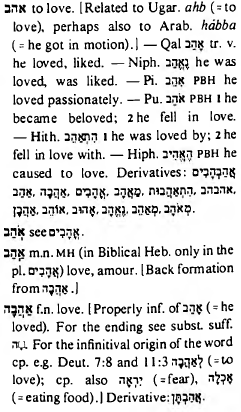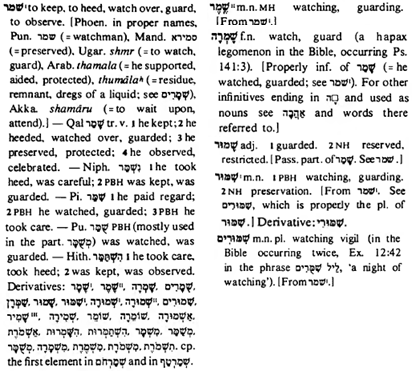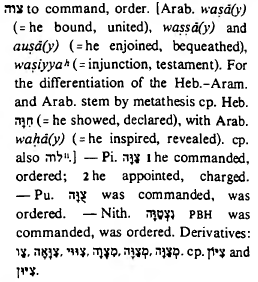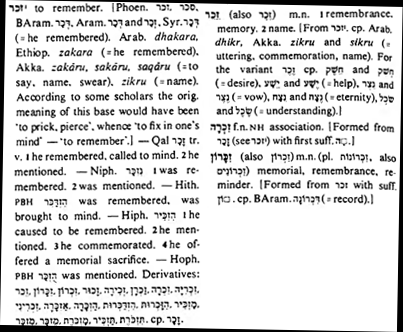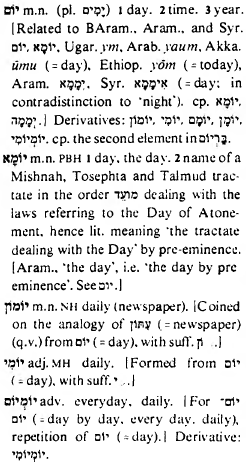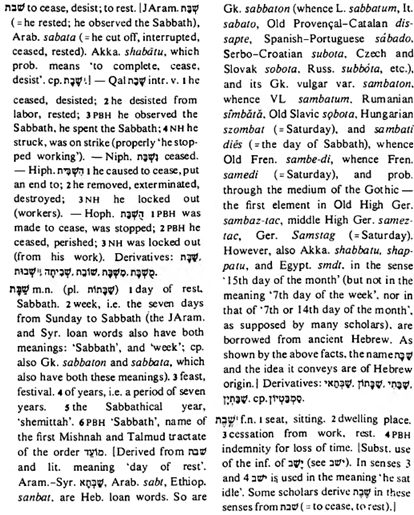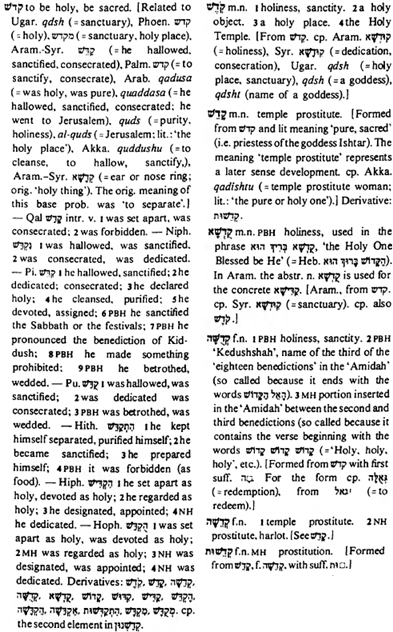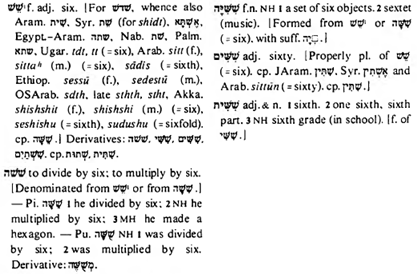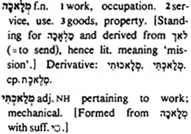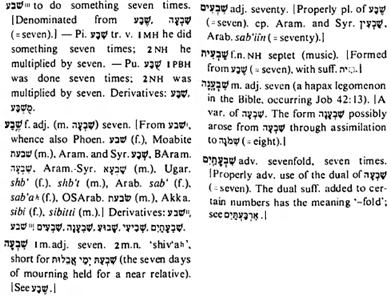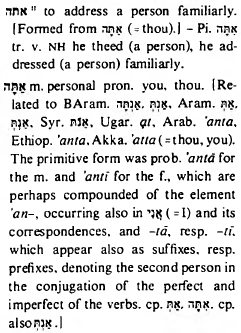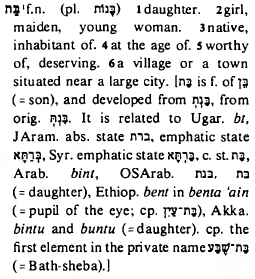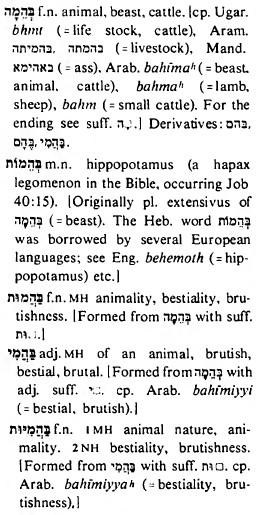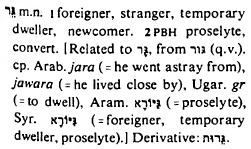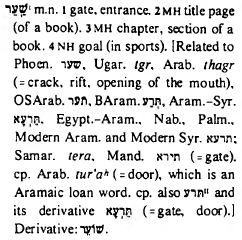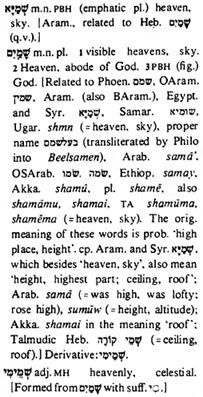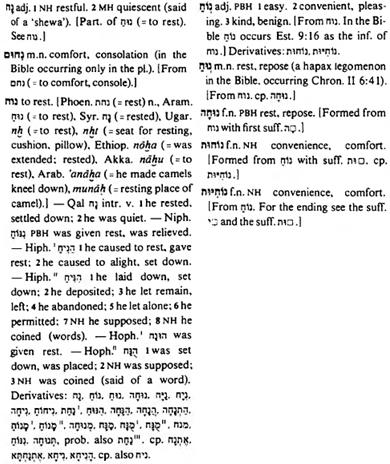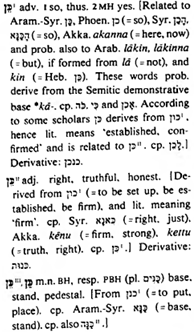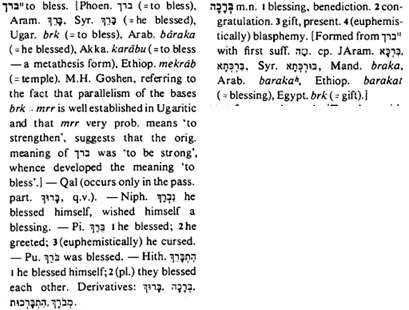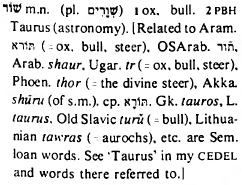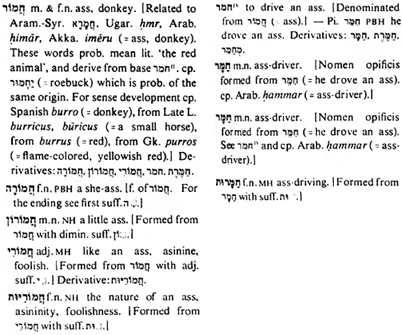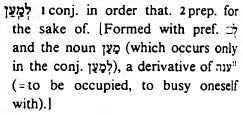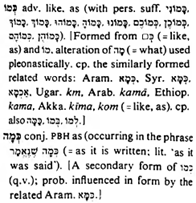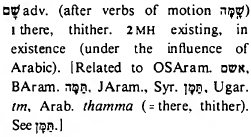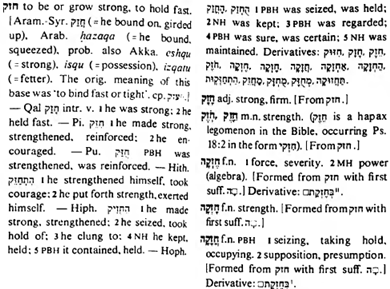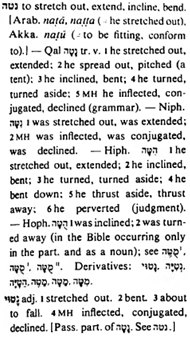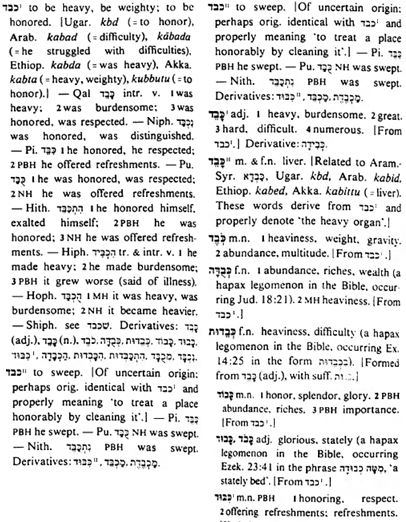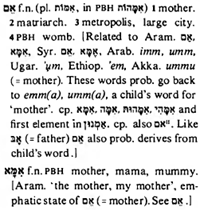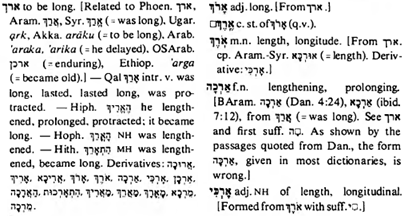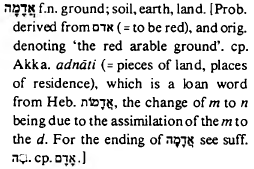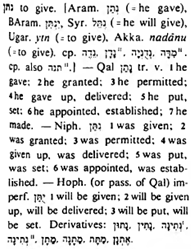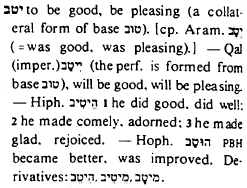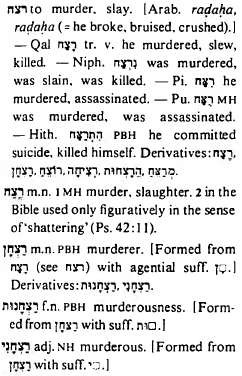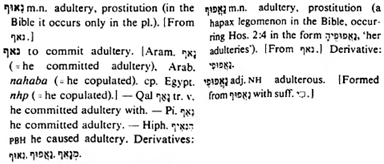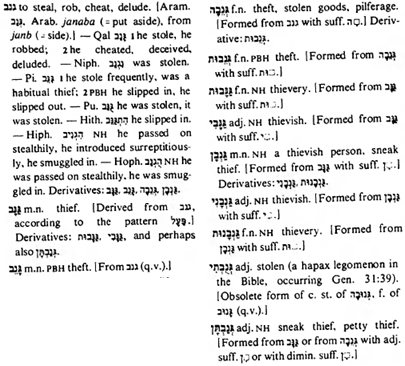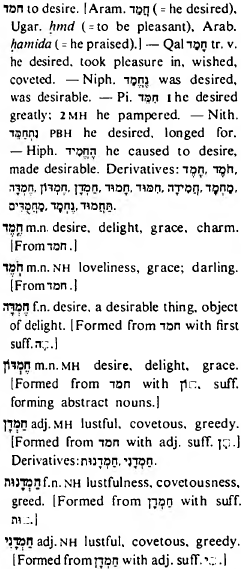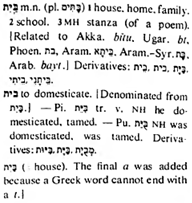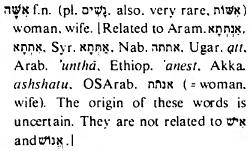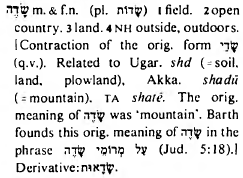| Sun, 15 Jun 2025 18:21:43 -0500 Yom Rishon, Chodesh Shlishi 18, 6025 — יום ראשון חדש שלישי יח ו׳כה |
|
|
|
Comparing
The Ten Commandments Exodus 20 & Deuteronomy 5 In The Leningrad Codex |
|
|
| The Reason For This Page |
|
We, at The-Iconoclast, consider the Ten Commandments given to Moshe by the hand of יְהֹוָה [Yehovah] to be the Crown of the Torah!. Thus, we have begun this page with the express purpose of helping the reader grasp and understand the glory of יְהֹוָה [Yehovah] in these few verses! We introduce the topic with a discussion on how the third commandment has been incorrectly translated and believe we have provided the logic and enough reference material to prove that case. It is our sincere desire that our initial exploration will help to whet the appetite for continued study of these passages. As a point of information, it is the Ten Commandments which were carved by the finger of Elohim and which were placed within the Ark of the Covenant. How can we but not want to know what these words say? |
|
By visually comparing the companion verses of the Hebrew texts of Exodus 20 and Deuteronomy 5, we believe that one can readily determine the essence of meanings rarely captured correctly, if ever, in English translations (this is particularly evident, to us, for the third commandment). Are we saying that, of these original Hebrew passages, some of the English translations (interpretations) are incorrect in addition to NOT conforming to the Masoretic verse ordering? YES, ABSOLUTELY!
For instance, the same Hebrew word
לַשָּֽׁוְא
For example, in the Deuteronomy 5:18 passage commonly translated "Thou shalt not bear
false witness against thy neighbor", that same Hebrew word
(
לַשָּֽׁוְא
|
| Exodus 20:11 | Deuteronomy 5:18 |
|
לֹֽא 11 Thou shalt not bear false witness against thy neighbor. {S} |
וְלֹֽא 18 Neither shalt thou bear false witness against thy neighbor. {S} |
|
We want to emphasize the importance that the companion passage to Deuteronomy 5:18,
Exodus 20:11, carries the exact translation: "Thou shalt not bear
false witness against thy neighbor"!
However, the Hebrew word used in Exodus 20:11
to express the same thought of "false" is an entirely different word:
(
שָֽׁקֶר
Where
שָׁ֑וְא
To be fair, we will note that the Hebrew word
שָׁ֑וְא
For the word
שָׁ֑וְא
Reuben Alcalay as well as Ernest Klein have the same
order of definitions: Lie, Falsehood, Nothingness, Worthlessness, Vanity.
Therein, vanity is in its natural order of prominence: last!
Of other places where the context absolutely dictates translating it as "vain",
or "vanity", those instances should never dictate that that should
always be the case, including herein. For lack of a better
analogy, to force
שָׁ֑וְא
to mean "in vain" or "vanity"
in Exodus 20:5 and Deuteronomy 5:11 is to infer that
the tail must wag the dog!
In the least, that is incredibly shoddy, if not criminal, exegesis!
Another point of consideration should be that Moshe (Moses), who it is known to have
written the first five books of the Hebrew Scriptures, known as the "Torah", only
used the word
שָׁ֑וְא
Exodus 23:1
(note that we have set the word "Shav", Shin-Vav-Alef,
in green for both the Hebrew word and its English translation):
|
|
לֹ֥א |
א |
1 |
Thou shalt not utter a false report; put not thy hand with the wicked to be an unrighteous witness. |
|
The "In Vain" Passages In The Ten Commandments
Thus, it should reasonably be understood that the passages
interpreted/translated "Thou shalt not take the name of
Yehovah thy God in vain..."
ARE NOT CORRECT, especially because that in every other
instance where Moshe uses the word
שָׁ֑וְא
We must ask, why do translations mislead us to keep us from truly understanding this commandment, and instead lead us to read into it something entirely different altogether? Perhaps a closer interpretation would be "Thou shalt not take the name of Yehovah thy God as nothing, for Yehovah will not hold him guiltless that taketh His name falsely." We think it is very unfortunate that most people who believe they have a grasp on the meaning of the Ten Commandments, and particularly on how they rely upon the misinterpreted translation of the third commandment, which is often defined, in reality, to say "Do not take the Name of the Lord thy God in vain (as a swear word)". Obviously, it is a very different thing to consider, rather, that the third commandment would say anything like: "Do not take the Name of יְהֹוָה אֱלֹהֶ֖יךָ [Yehovah Eloheikha] (the Lord thy God) with such light esteem as if He is nothing; for יְהֹוָה [Yehovah] will not hold him guiltless that takes His Name falsely"!
We, no doubt, have not exhausted this study but we believe the argument is salient.
We could point out that the word
שָׁ֑וְא
However, we wanted to focus, herein, on how Moshe most likely intended these passages of The Ten Commandments to be interpreted since it is he who the original codification is attributed to. Comparing Companion Verses It is our intention to show that neither Exodus 20 nor Deuteronomy 5 supercedes or displaces the other, but rather that both chapters compliment one another, enabling us to have a better understanding of the meaning of this great text. Thus, by placing the companion verses side–by–side herein, with the Exodus 20 passage as the predominant and better known on the left, we wanted to provide a visual, easy way to study these two companion passages, with the desire to help all of us to better understand the essential meaning of this Torah! Hopefully, its significance will be better discerned, and a regular, disciplined meditation on it will also help all of us to see the greatness, glory and majesty of יְהֹוָה [Yehovah], and to truly honor and respect His Great Name! |
|
|
|
Snippet Screen Grabs of Actual
Leningrad Codex
Just a note regarding the frames provided below: Each verse frame contains a snippet "screen grab" from the facsimile (pdf) version of the actual Leningrad Codex, followed by "Web" Hebrew of the verse and the corresponding English translation (both of which have been taken from The-Iconoclast's Westminister Leningrad Codex Hebrew (WLC) – Modified JPS 1917 English Tanakh). |
|
|
|
"Hovering" By hovering over a Hebrew word in the text below, a Popup window will show a word's definition. The definitions for Hebrew words have been taken from Ernest Klein's A Comprehensive Etymological Dictionary Of The Hebrew Language For Readers Of English. Over Words: Popup Definitions In "Web" Hebrew! By hovering over a Hebrew word in the text below, a Popup window will show a word's definition. The definitions for Hebrew words have been taken from Ernest Klein's A Comprehensive Etymological Dictionary Of The Hebrew Language For Readers Of English. |
|
|
|
Why Do We Not Use Strong's Concordance
Although we acknowledge that The Septuagint has had great influence in both the Jewish and Christian "scholarly" communities, we agree with Ernest Klein that it often incorrectly relates the actual Hebrew text, including replacing completely wrong words, influencing their legitimate definitions into modern exegesis and language! Moreover, in trying to find out detailed information regarding The Septuagint, we noticed overwhelmingly that its defenders could not see past their own traditions of its influence to evaluate its legitimacy (for both Jewish and Christian sources). See our note at the bottom of this page regarding The Septuagint! |
|
|
|
Some English Translations, Below, Will Include Our Interpretation! Where we find disparity between normative English interpretations/translations, we will place our own embellished interpretations within brackets ([ ]) underneath. Such is the case for Exodus 20:5 and Deuteronomy 5:11 below. |
|
|
|
Side–By–Side Comparison
Exodus 20:1-12 & Deuteronomy 5:5-19 |
| Verse | Exodus 20 | Verse | Deuteronomy 5 |
| 20:1 |
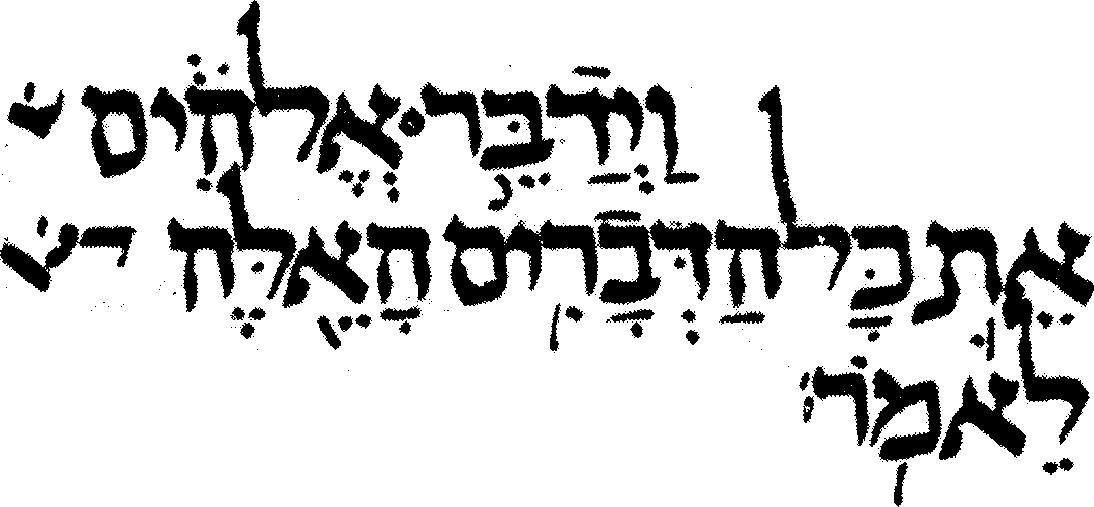
וַיְדַבֵּ֣ר 1 And God spoke all these words, saying: {S} |
5:5 |
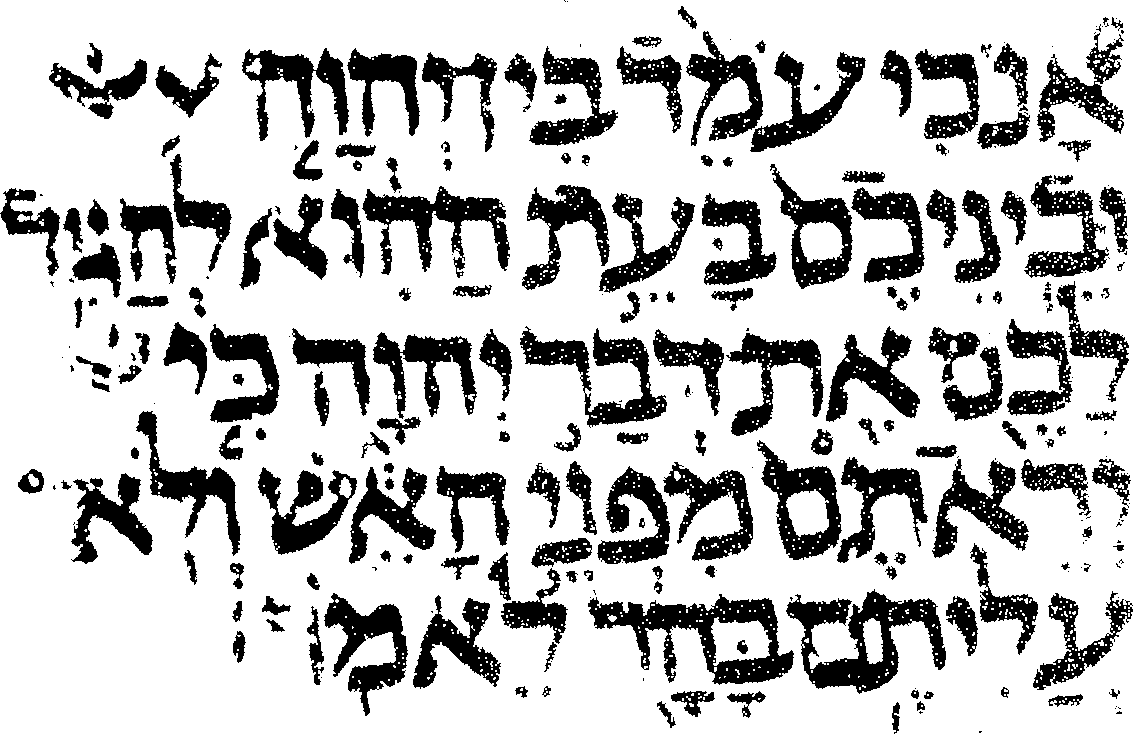
אָ֠נֹכִי 5 I stood between Yehovah and you at that time, to declare unto you the word of Yehovah; for ye were afraid because of the fire, and went not up into the mount--saying: {S} |
| 20:2 |
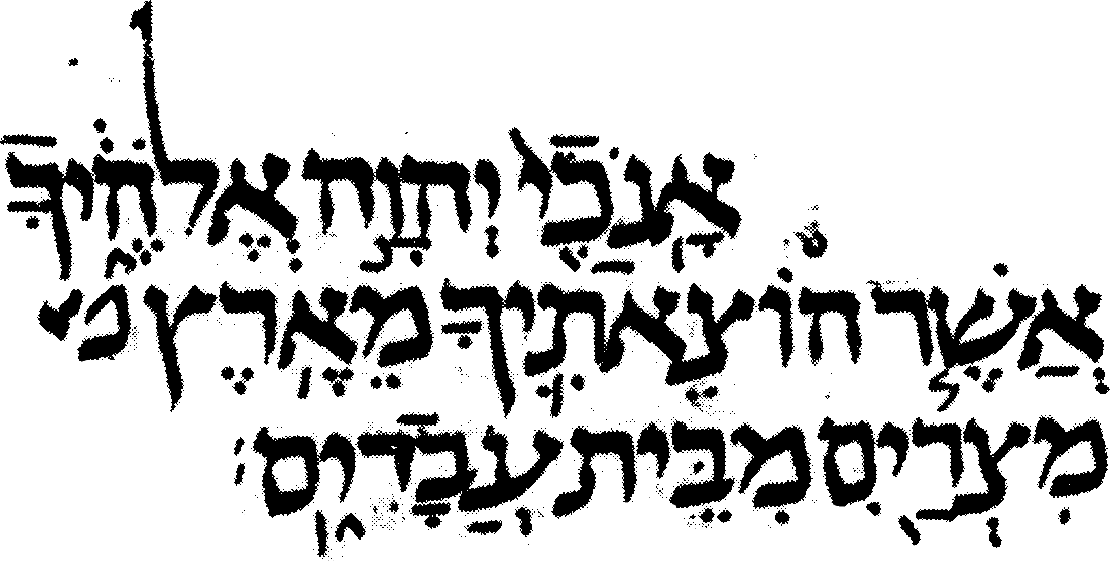
אָֽנֹכִ֖י֙ 2 I am Yehovah thy God, who brought thee out of the land of Egypt, out of the house of bondage. |
5:6 |
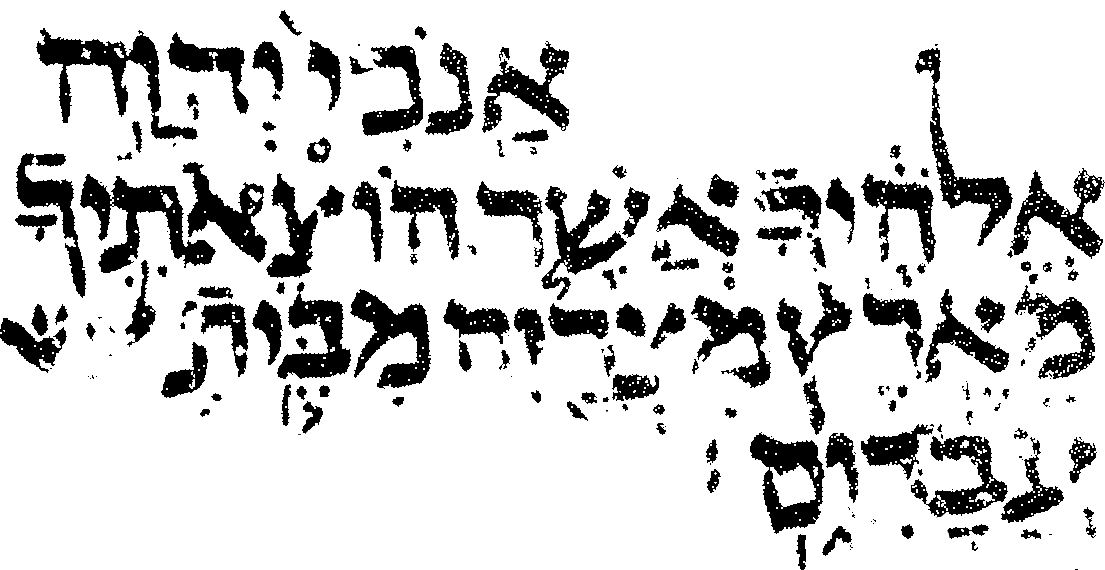
אָֽנֹכִי֙ 6 I am Yehovah thy God, who brought thee out of the land of Egypt, out of the house of bondage. |
| 20:3 |
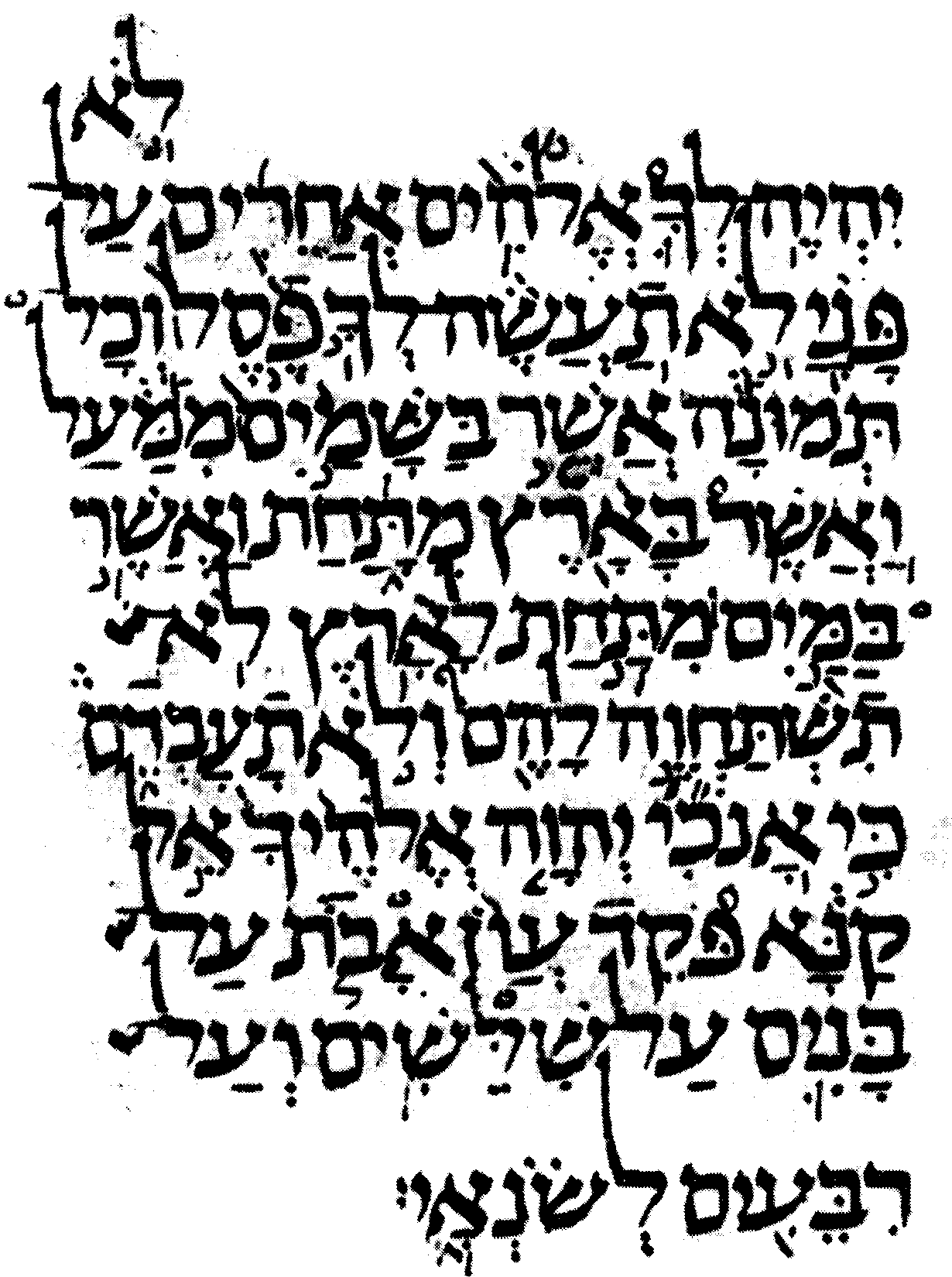
לֹֽ֣א 3 Thou shalt have no other gods before Me. Thou shalt not make unto thee a graven image, nor any manner of likeness, of any thing that is in heaven above, or that is in the earth beneath, or that is in the water under the earth; thou shalt not bow down unto them, nor serve them; for I Yehovah thy God am a jealous God, visiting the iniquity of the fathers upon the children unto the third and fourth generation of them that hate Me; |
5:7, 5:8, 5:9 |

לֹ֣א 7 Thou shalt have no other gods before me. 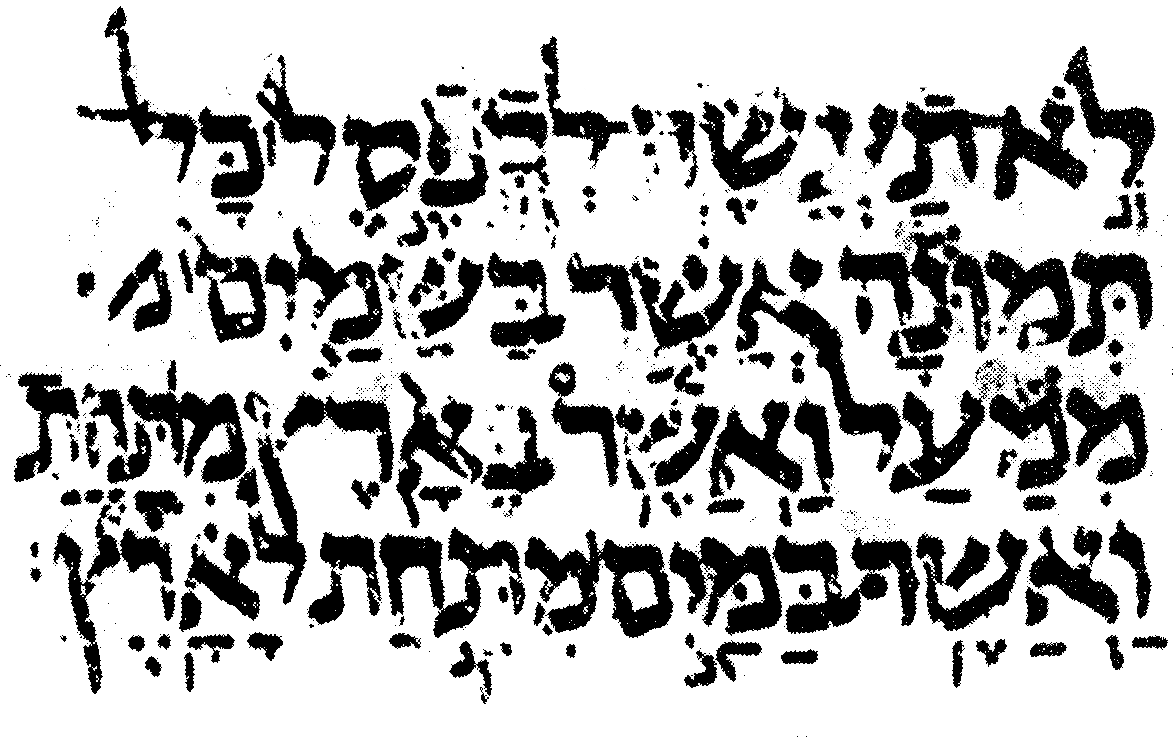
לֹֽ֣א 8 Thou shalt not make unto thee a graven image, even any manner of likeness, of any thing that is in heaven above, or that is in the earth beneath, or that is in the water under the earth. 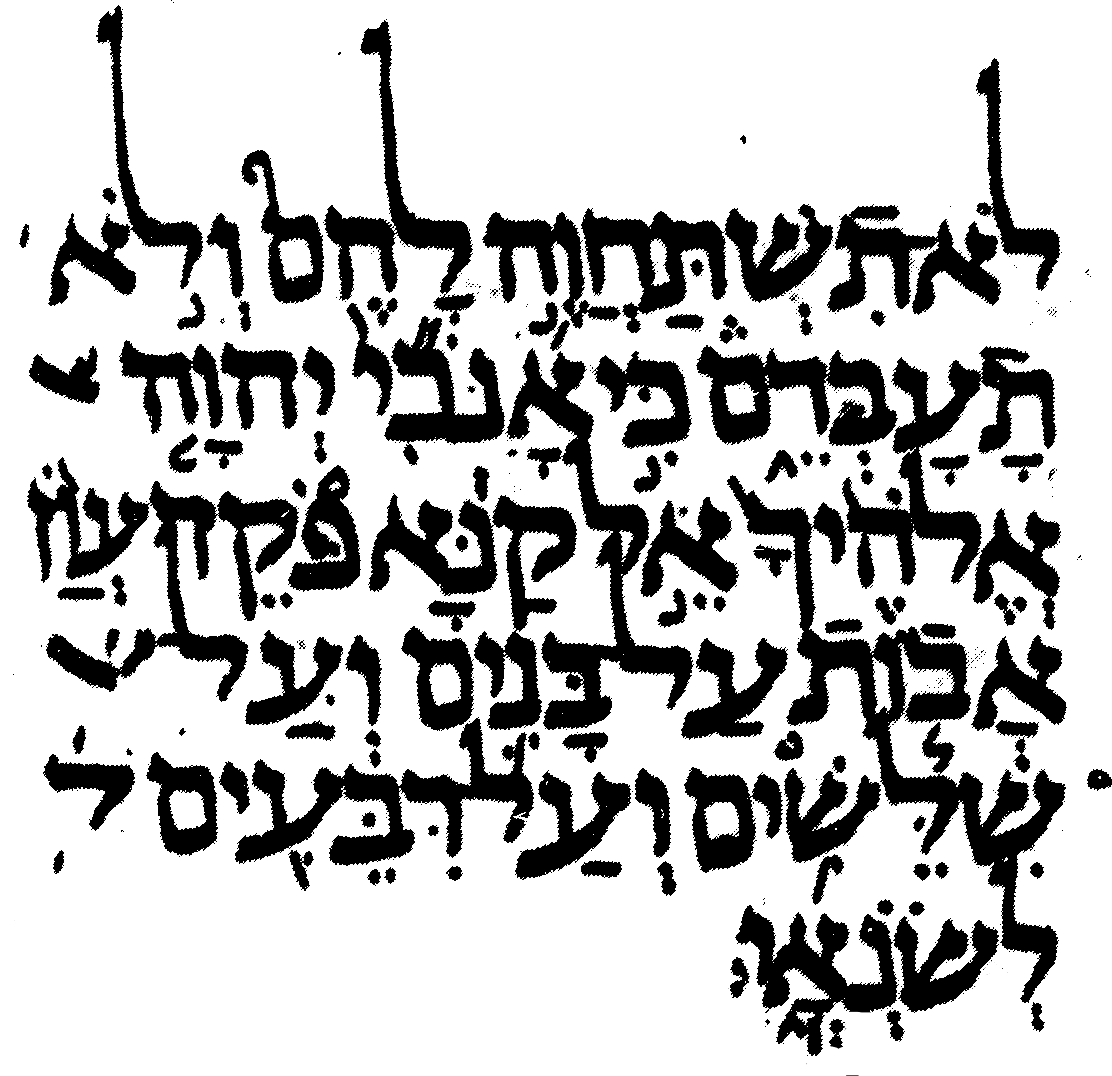
לֹא 9 Thou shalt not bow down unto them, nor serve them; for I Yehovah thy God am a jealous God, visiting the iniquity of the fathers upon the children, and upon the third and upon the fourth generation of them that hate Me, |
| 20:4 |
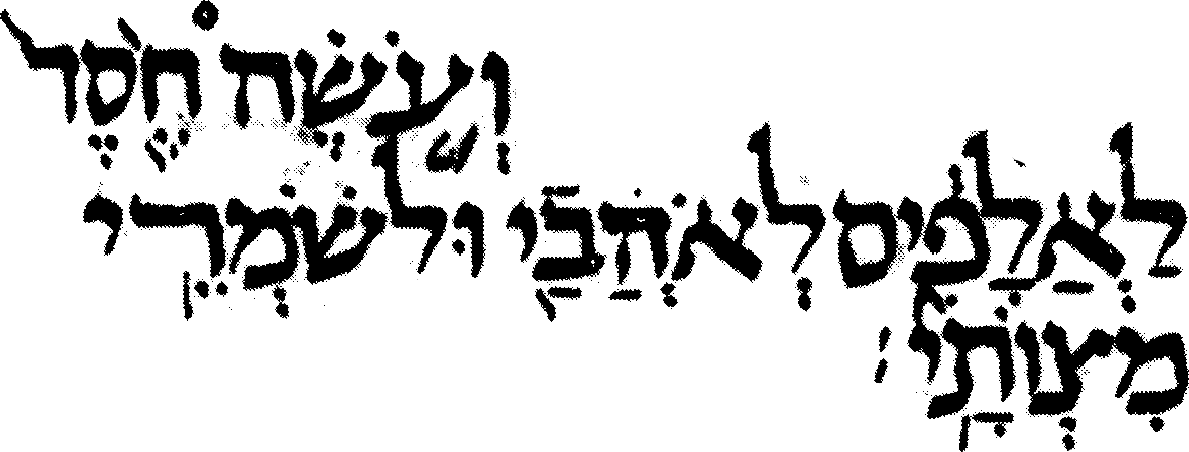
וְעֹ֥֤שֶׂה 4 and showing mercy unto the thousandth generation of them that love Me and keep My commandments. {S} |
5:10 |
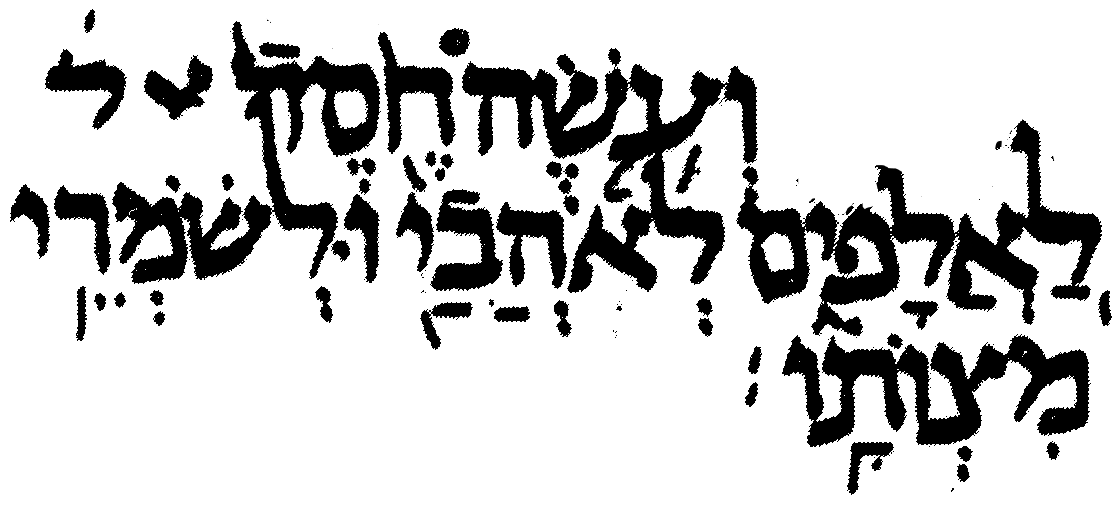
וְעֹ֤֥שֶׂה 10 and showing mercy unto the thousandth generation of them that love Me and keep My commandments. {S} |
| 20:5 |
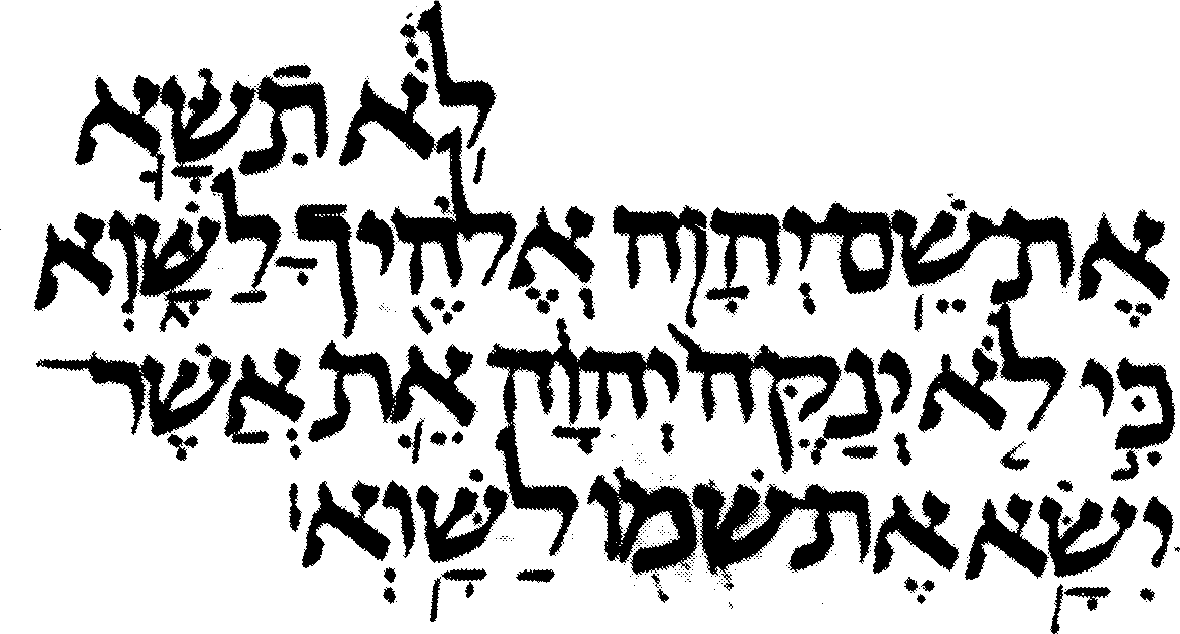
לֹ֥א
5 Thou shalt not take the name of Yehovah thy God in vain; for Yehovah will not hold him guiltless that taketh His name in vain. {P}
|
5:11 |
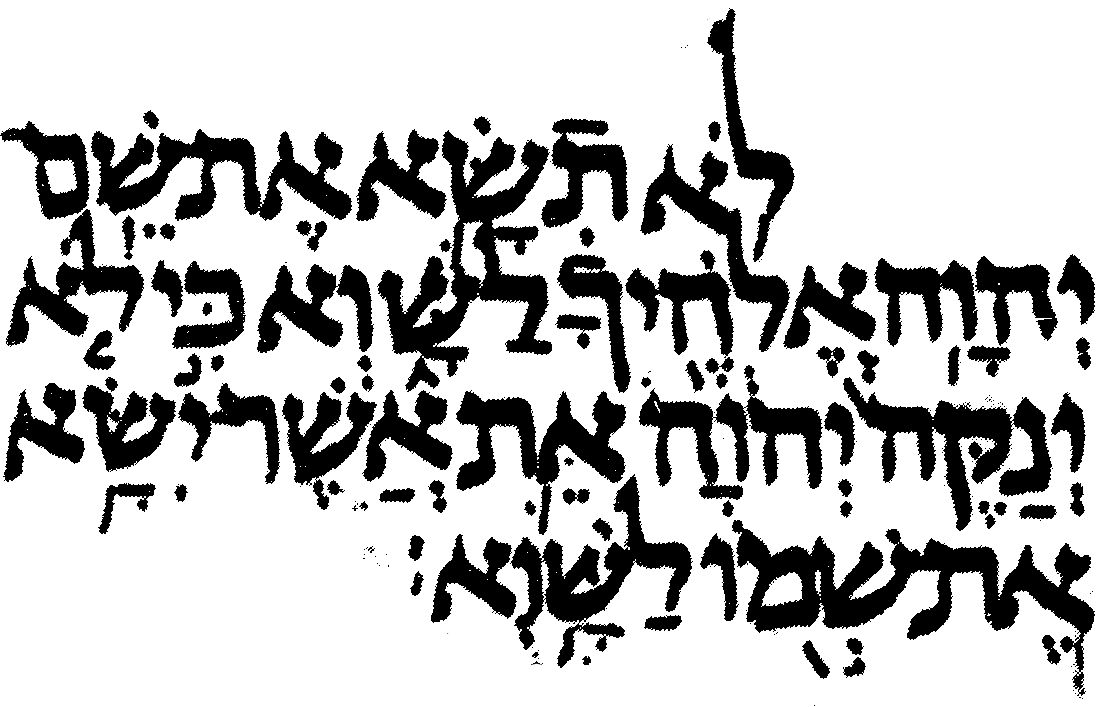
לֹ֥א
11 Thou shalt not take the name of Yehovah thy God in vain; for Yehovah will not hold him guiltless that taketh His name in vain. {S}
|
| 20:6 |
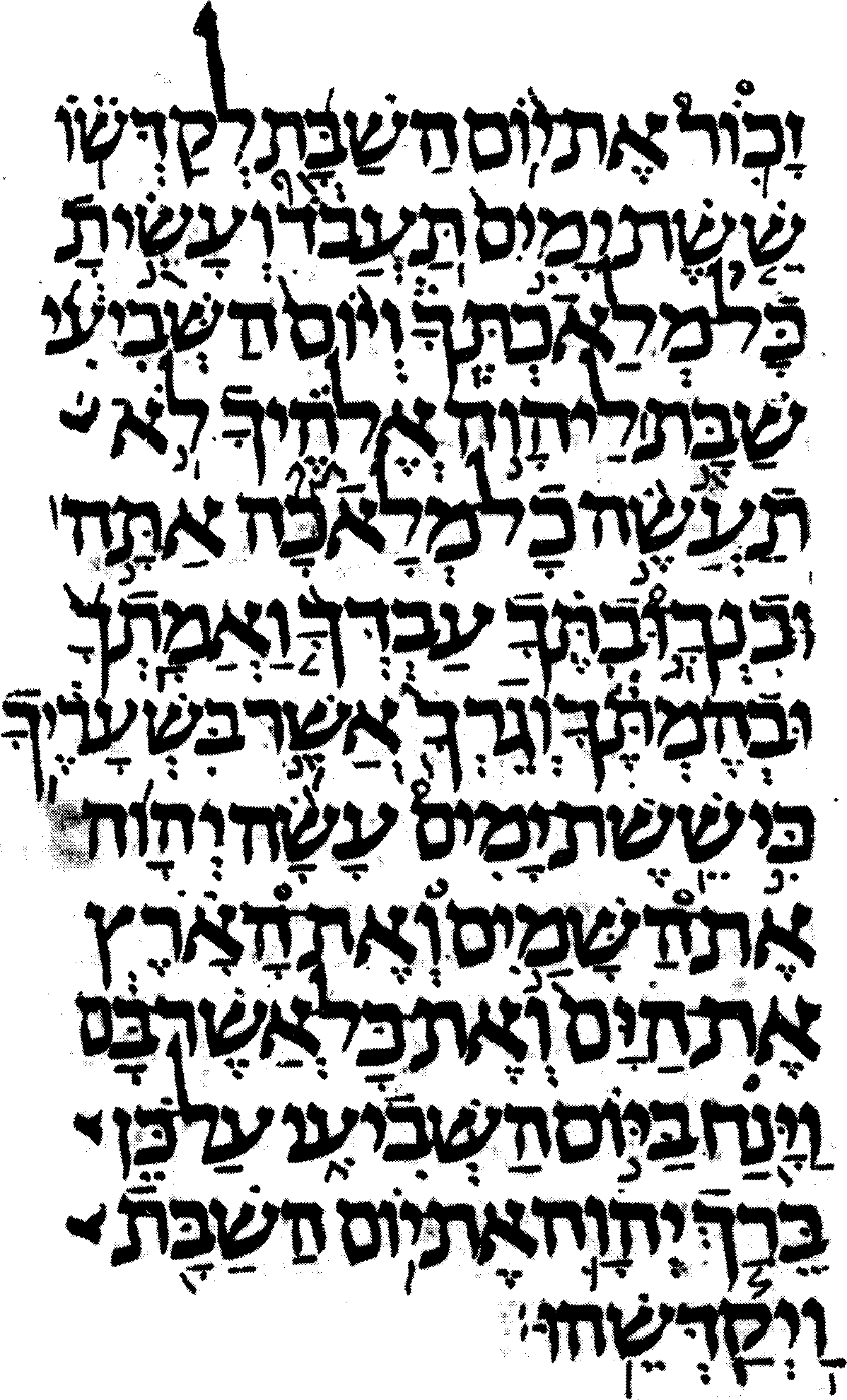
זָכ֛וֹר֩ 6 Remember the sabbath day, to keep it holy. Six days shalt thou labour, and do all thy work; but the seventh day is a sabbath unto Yehovah thy God, in it thou shalt not do any manner of work, thou, nor thy son, nor thy daughter, nor thy man-servant, nor thy maid-servant, nor thy cattle, nor thy stranger that is within thy gates; for in six days Yehovah made heaven and earth, the sea, and all that in them is, and rested on the seventh day; wherefore Yehovah blessed the sabbath day, and hallowed it. {S} |
5:12 |
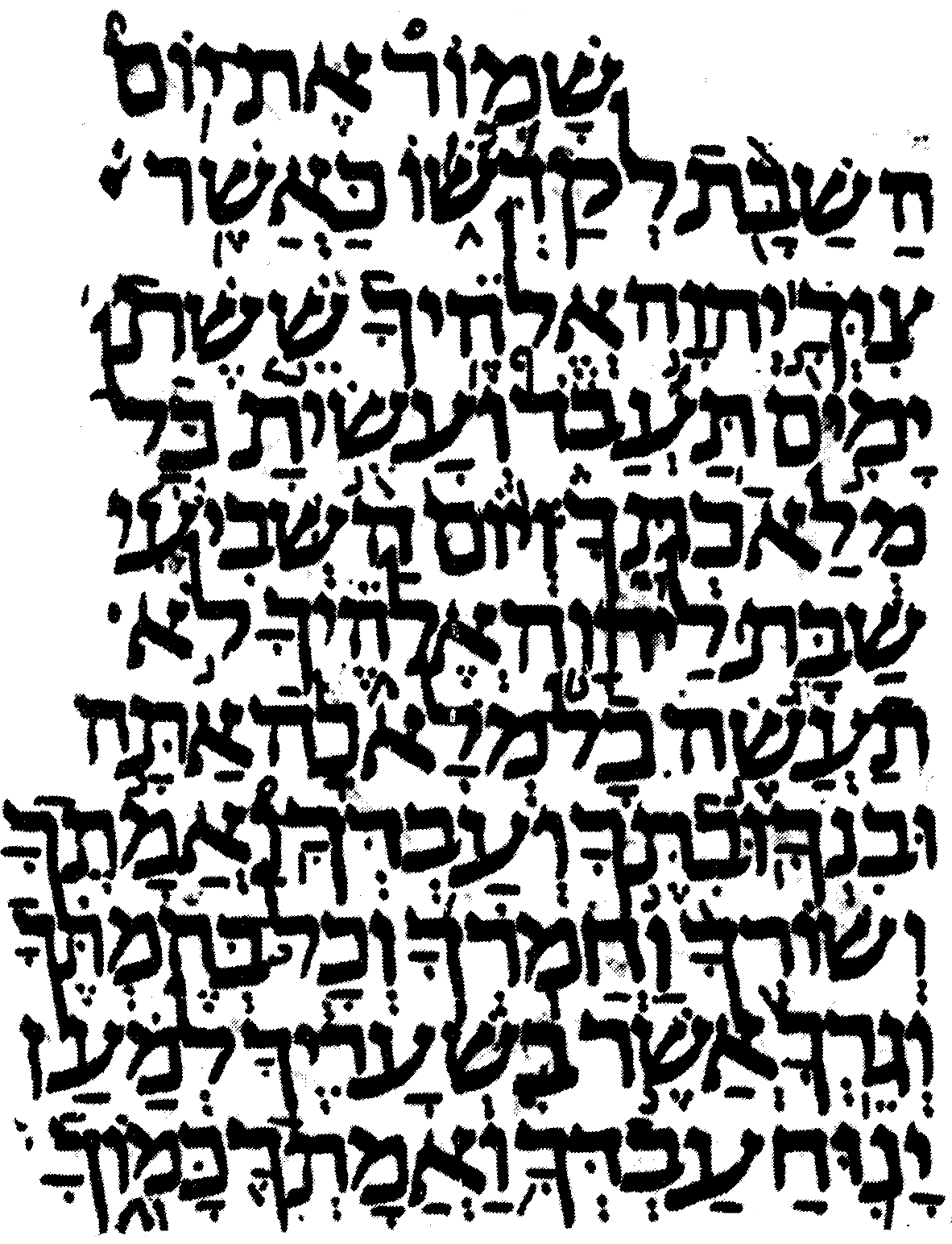
שָׁמ֣֛וֹר 12 Observe the sabbath day, to keep it holy, as Yehovah thy God commanded thee. Six days shalt thou labour, and do all thy work; but the seventh day is a sabbath unto Yehovah thy God, in it thou shalt not do any manner of work, thou, nor thy son, nor thy daughter, nor thy man-servant, nor thy maid-servant, nor thine ox, nor thine ass, nor any of thy cattle, nor thy stranger that is within thy gates; that thy man-servant and thy maid-servant may rest as well as thou. |
| 5:13 |
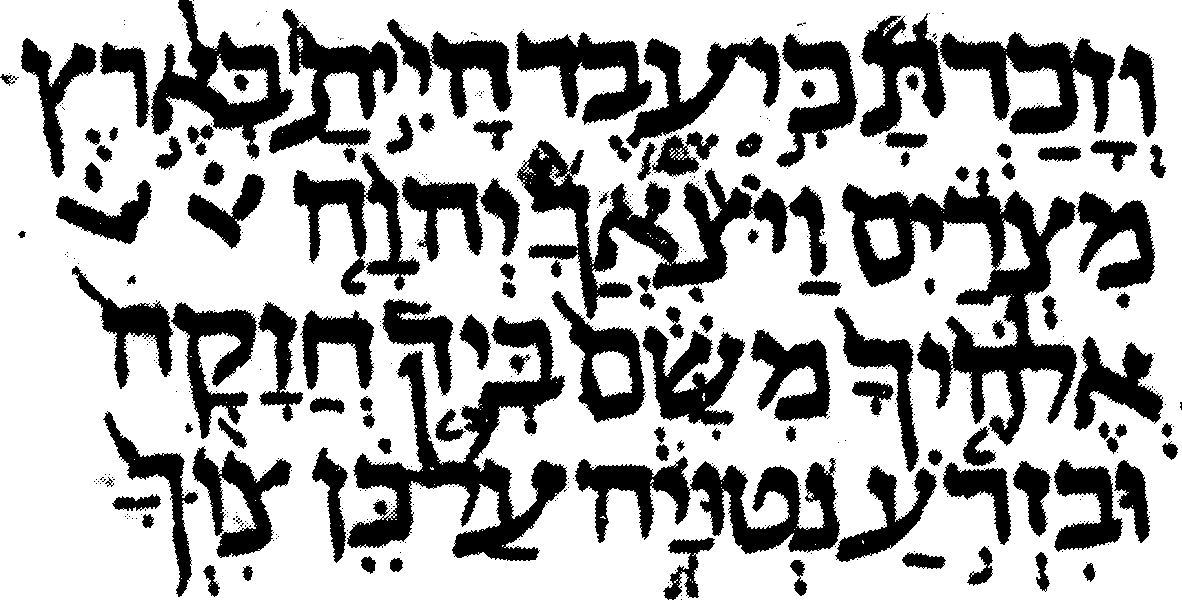
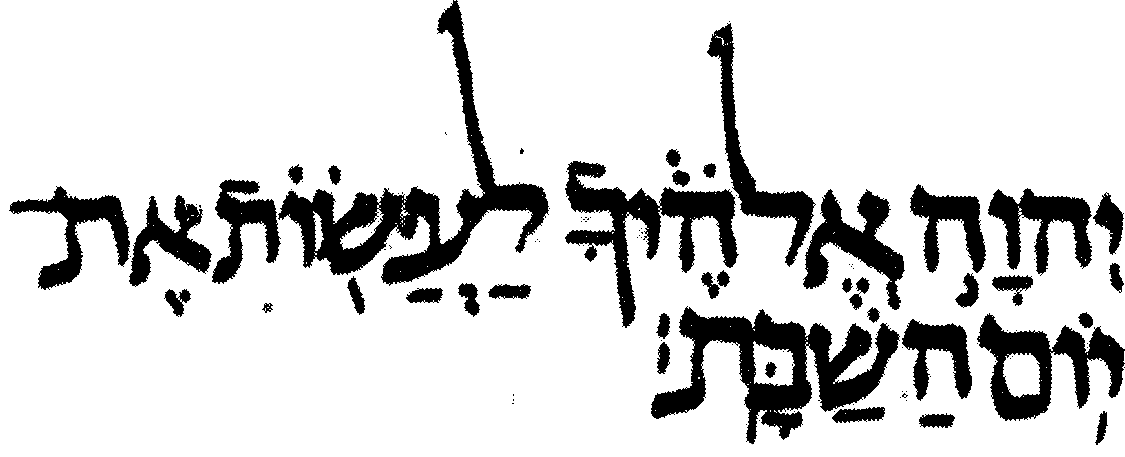
וְזָכַרְתָּ֞֗ 13 And thou shalt remember that thou was a servant in the land of Egypt, and Yehovah thy God brought thee out thence by a mighty hand and by an outstretched arm; therefore Yehovah thy God commanded thee to keep the sabbath day. {S} |
||
| 20:7 |
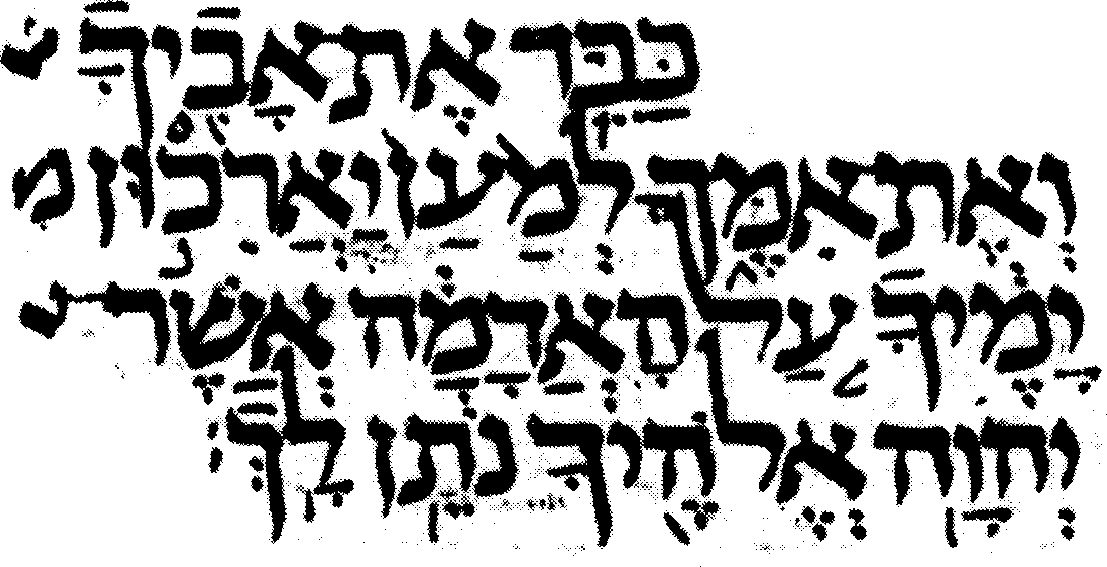
כַּבֵּ֥ד 7 Honour thy father and thy mother, that thy days may be long upon the land which Yehovah thy God giveth thee. {S} |
5:14 |
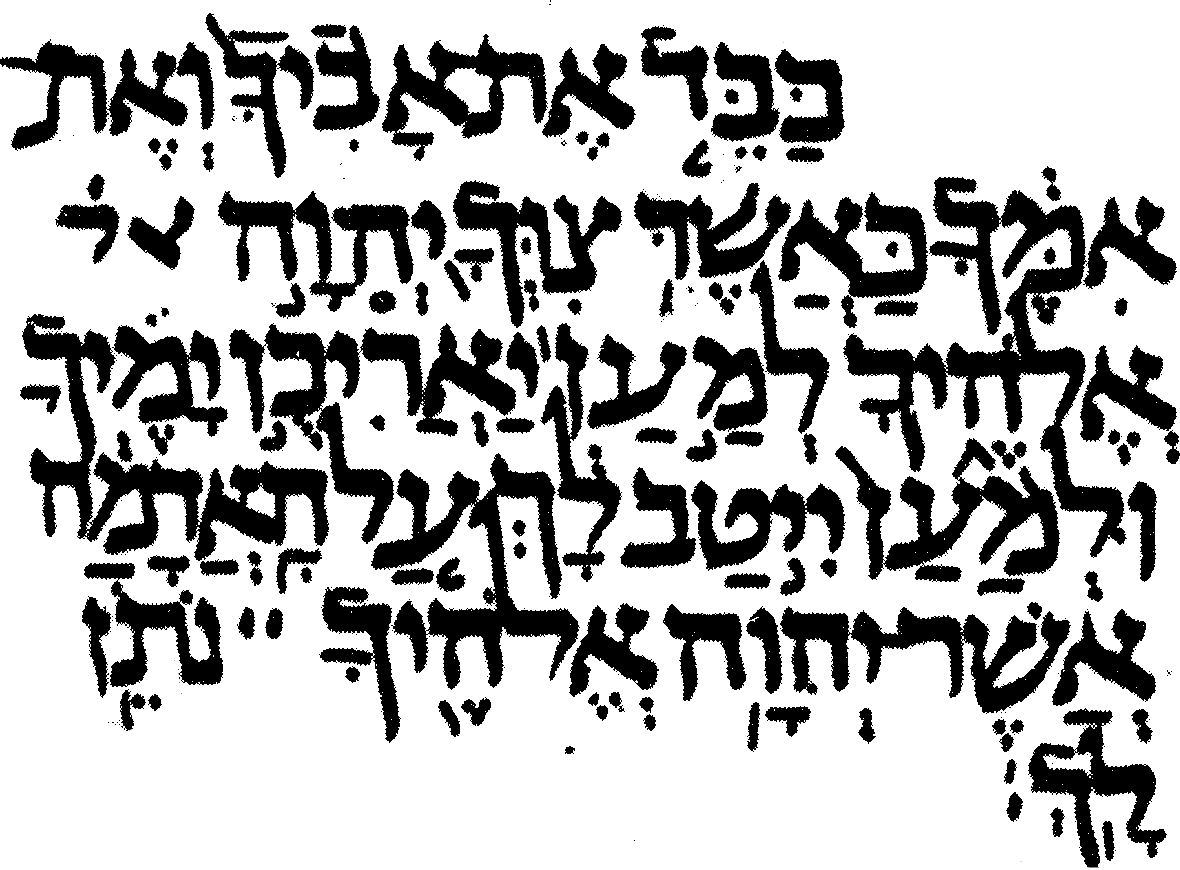
כַּבֵּ֤ד 14 Honour thy father and thy mother, as Yehovah thy God commanded thee; that thy days may be long, and that it may go well with thee, upon the land which Yehovah thy God giveth thee. {S} |
| 20:8 |
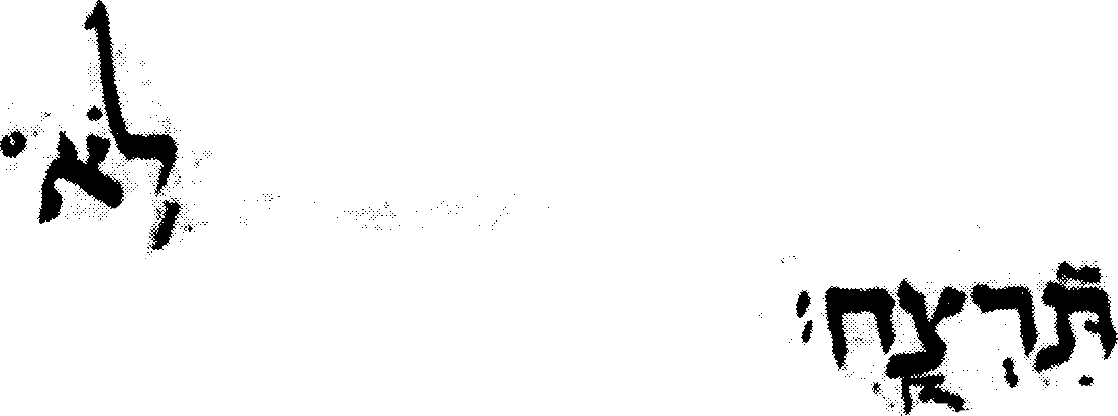
לֹ֥֖א 8 Thou shalt not murder. {S} |
5:15 |

לֹ֥֖א 15 Thou shalt not murder. {S} |
| 20:9 |
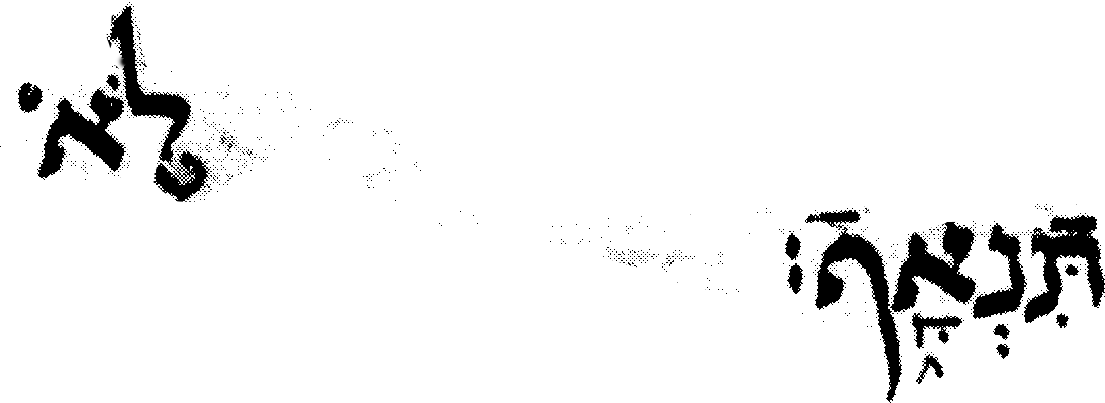
לֹ֣֖א 9 Thou shalt not commit adultery. {S} |
5:16 |

וְלֹ֖֣א 16 Neither shalt thou commit adultery. {S} |
| 20:10 |
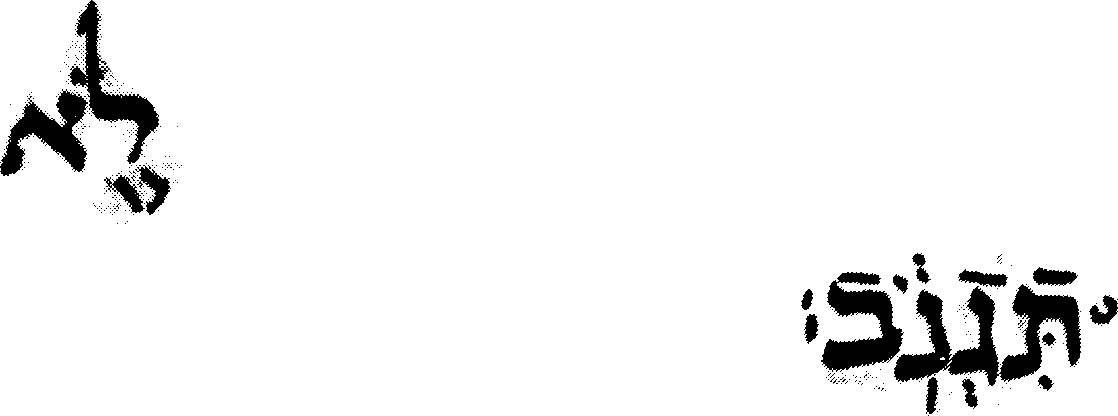
לֹ֣֖א 10 Thou shalt not steal. {S} |
5:17 |

וְלֹ֖֣א 17 Neither shalt thou steal. {S} |
| 20:11 |
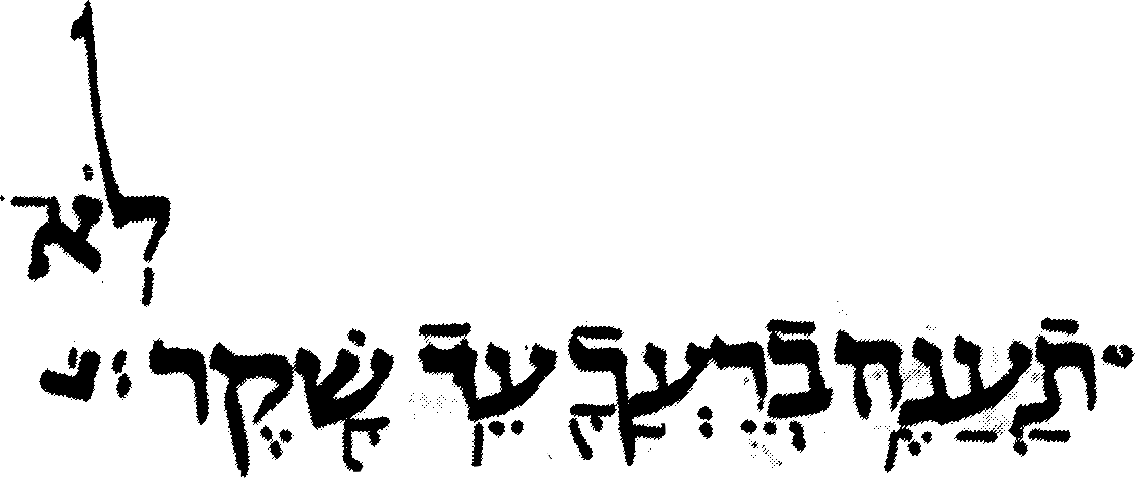
לֹֽא 11 Thou shalt not bear false witness against thy neighbour. {S} |
5:18 |

וְלֹֽא 18 Neither shalt thou bear false witness against thy neighbour. {S} |
| 20:12 |
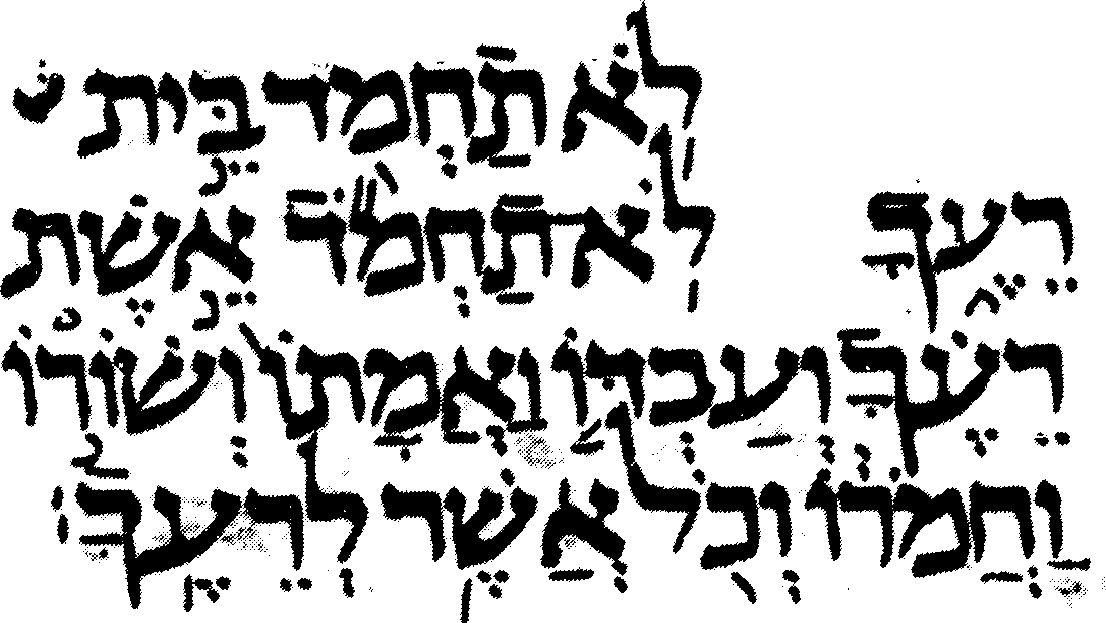
לֹ֥א 12 Thou shalt not covet thy neighbour's house; {S} thou shalt not covet thy neighbour's wife, nor his man-servant, nor his maid-servant, nor his ox, nor his ass, nor any thing that is thy neighbour's. {P} |
5:19 |
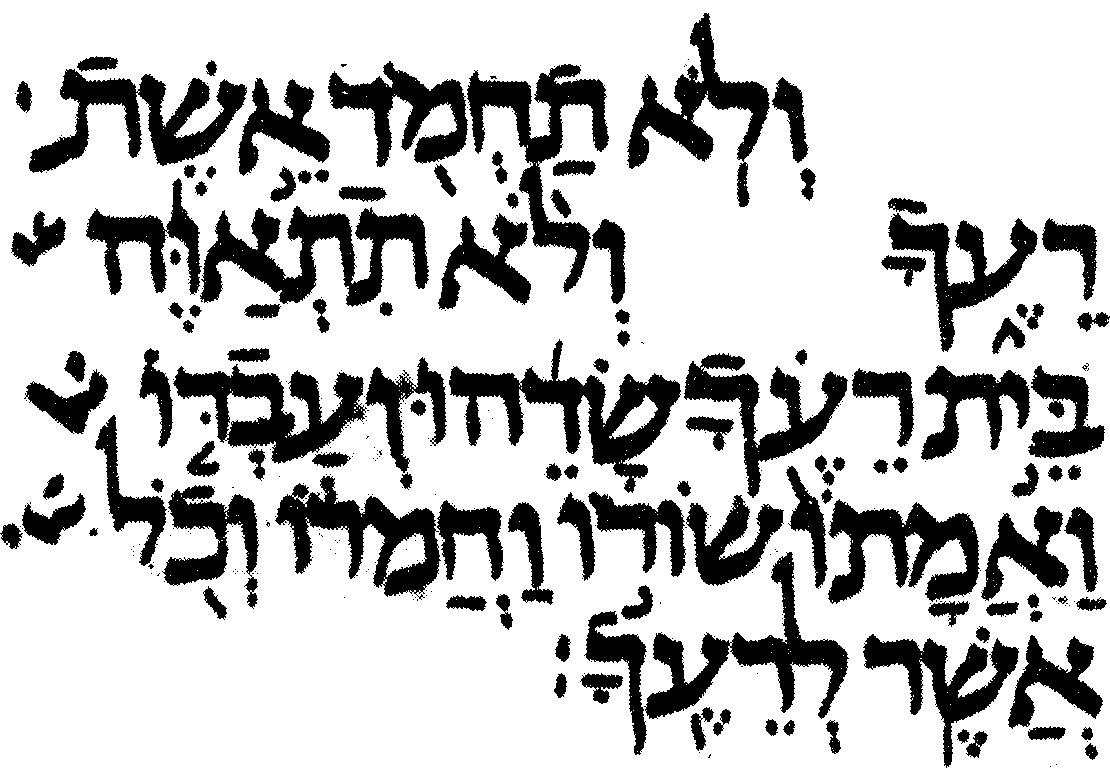
וְלֹ֥א 19 Neither shalt thou covet thy neighbour's wife; {S} neither shalt thou desire thy neighbour's house, his field, or his man-servant, or his maid-servant, his ox, or his ass, or any thing that is thy neighbour's. {S} |
|
|
|
Hebrew Word Roots Usually Contain Three (3) Letters As a point of information for those who may not be familiar with the Hebrew language, the majority of Hebrew words typically have roots containing three (3) letters. In addition to vowel points, words will typically have a prefix and a suffix to contribute to the overall definition in providing tense, subject and variant meanings. In the above side–by–side comparison, popup-definitions occur when the mouse cursor hovers over a Hebrew word. The definitions are taken from Ernest Klein's A Comprehensive Etymological Dictionary Of The Hebrew Language For Readers Of English (hence, the image of the book above). Moreover, our intent with the popup-definitions is merely to provide the base definition for the root of the Hebrew word, and not the full definition which may include a prefix and a suffix as well as different vowel pointers, each of which contribute to the tense, subject and variant meanings for a given word. However, in some instances we may choose to provide a prefix or suffix in the popup image along with that of the base root in order to help discern the meaning of a particular word. |
|
|
|
Click on the image above to go to the web page discussion on The Septuagint. At the bottom of that page is a video of 5 parts with detail of how that the "history" of The Septuagint titled: "WAS THERE A B.C. SEPTUAGINT?" Please click on that image to go to the YouTube web page and watch all five parts! |
|
|
|
Site Last Updated:
Last Israel New Moon: Copyright © 2007–2025— Email WebMaster: |
June 12, 2025
2025-05-28 [3] Robert M. Pill WebMaster |
